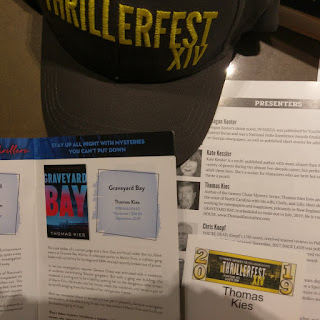First of all, I'd like to extend a warm welcome to Catherine Dilts, whom Charlotte so eloquently introduced in yesterday's post. We're all very excited to include Catherine, who will bring a fresh voice and perspective as she shares her own writing journey. I feel as if I have been posting on the blog for eons, and sometimes I wonder whether I have anything new to say.
That said, I don't believe I have ever talked about the "Dear Reader" letter my publisher always asks me to write as a preface to the Advance Reader copies sent out to reviewers, book sellers, and others in the book world ahead of the release of a new book. The letter is intended to introduce the book and provide readers with some personal information that the author wants to share. It could be the reason for writing the book, some interesting research that contributed to the story, or a pivotal scene or character. I don't know whether all publishers do this but Dundurn Press has been including the letter for quite a while. It's usually my last task before the book leaves the editorial phase and enters the publication phase. SHIPWRECKED SOULS is still a long way from appearing on retail shelves in January, but copies will be available for review in a few weeks. I miss the days of old-fashioned, physical "ARCs" as they are called because that was always my first glimpse of the book in its final state. The thrill of seeing the finished book, complete with cover, never grows old. But nowadays, most publishers release the book in digital format on Net Galley, which speeds up the process, saves trees, and saves money on shipping. It also makes the book accessible to more reviewers, including bloggers, thereby extending its reach.
So without further ado, here is the Dear Reader letter that will introduce the ARC of SHIPWRECKED SOULS.
Dear Reader,
SHIPWRECKED SOULS is the twelfth in the Ottawa-based Inspector Green series and Michael Green’s most powerfully personal case yet.
As he nears the end of his career, he finds himself sidelined into paperwork hell far from the life and death street dramas he loves. He’s drawn to the mystery of an unidentified elderly woman who’s recently arrived from Ukraine. Who is she, and how did she end up dead in a remote back alley? Because his own parents survived the Holocaust and came to Canada to find a new life, he feels a kinship with her.
SHIPWRECKED SOULS is about lives shattered by the trauma of war and persecution and the struggle of survivors to find hope amid the detritus. For Green, it’s also an emotional journey of discovery into his own past.
While the story is fictional, I tried to ensure the historical events and the emotional cost are accurate. Although the story is about trauma and loss, I hope readers close the book with a sense of hope and renewal.
Thank you for coming with me on the journey.
Barbara Fradkin






